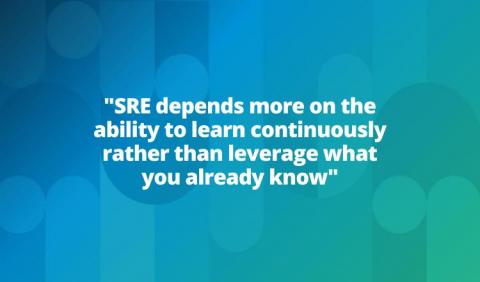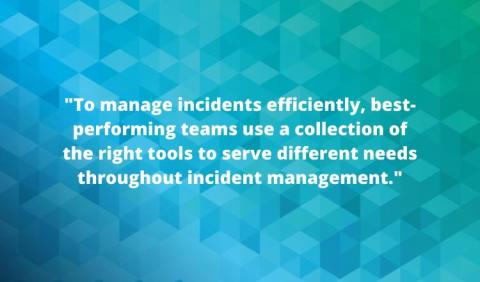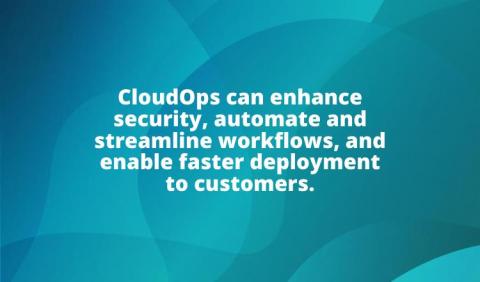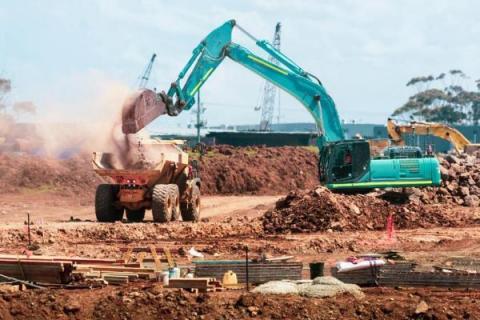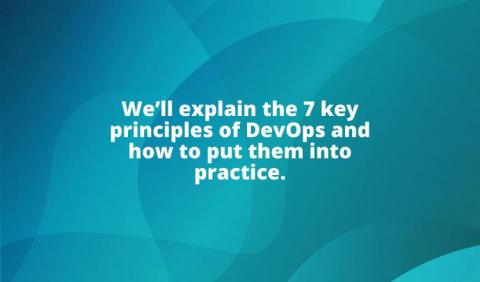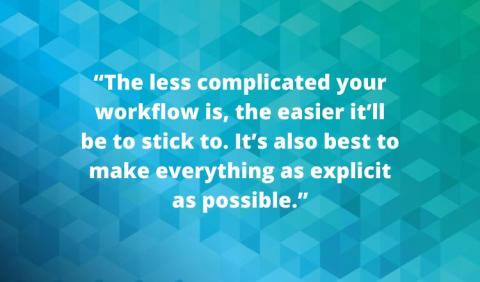Operations | Monitoring | ITSM | DevOps | Cloud
December 2021
Incident Management Software | The Best Tools for Your Team
SREs, Observability, and Automation
Automation takes repetitive tasks off professionals’ plates, empowering them to free up time to focus on more valuable activities. Moogsoft’s API-driven automation capabilities enable SREs to make better use of their time, leading to better results for the business.
What is the Purpose of Observability? In a Word, Innovation
Asking an IT engineer or SRE to define the purpose of observability is kind of like asking someone to explain the purpose of life: There are lots of different opinions out there, and no way of proving any of them right or wrong. You could argue that observability is just a buzzword that refers to what used to be called monitoring.
A Site Reliability Engineer's Guide to the Holiday Season
SREs face special challenges during the holidays. Here’s how to manage them.
Beyond Monitoring and IT Ops: Understanding How Observability Helps the SRE
An explanation of observability that highlights the role observability data play in supporting the active role of SREs as they reduce toil, improve uptime, and judiciously consume the error budget.
CloudOps (Everything You Should Know)
Anomaly Detection
IT Operations has a wide spectrum of roles and responsibilities. The positions range from level 1 (L1) operators to Site Reliability Engineers (SREs) and everything in between. L1 operators, for example, are (often) almost exclusively reactive. They feed off the constant stream of incidents reported by clients and events that are reported by monitoring and alerting systems. This is in contrast to SREs, who work at the other end of the spectrum.
How Disaster Ready are Your Backup Systems, Really?
Practical Guide to SRE: Infrastructure-as-Code (IaC)
An overview of how SREs can benefit from Infrastructure-as-Code.
7 DevOps Principles Every Team Needs to Practice
SRE Incident Management: Overview, Techniques, and Tools
In the world of a site reliability engineer (SRE), failure is not only an option, but also expected. Systems, web applications, servers, devices, etc., are all prone to performance issues and unexpected outages at some point. It is an unavoidable fact. These unexpected failures can lead to huge revenue losses, customer trust and depending on the industry, maybe fines. Fortunately, SRE incident management is one of the core practices used to limit the disruption caused by unexpected issues.
Who Needs Site Reliability Engineers (SREs)?
Although every company can benefit from SREs, some need SREs more than others.
What can SREs do to make holiday season's peak traffic less chaotic?
DevOps Workflow | A Complete Guide & Best Practices
Site Reliability Engineering, Observability, and the Tradeoffs of Modern Software
This blog post defines SRE by explaining SLOs and error budgets, highlighting the innovation vs. reliability tradeoff.


